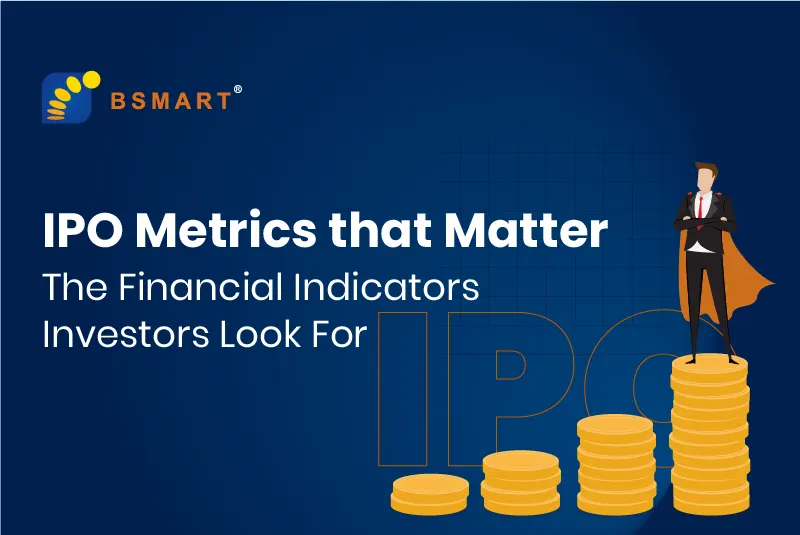Due Diligence – More Than Just Numbers

Every founder dreams of growth – more funding, bigger deals, stronger partnerships. But behind every successful transaction is something most people overlook. A process that protects both parties, reduces risk, and builds trust. That process is called due diligence.
If you are preparing to raise capital, buy a business, bring in investors, or even explore a strategic merger, you are going to face this sooner or later.
And how well you handle it could shape the outcome entirely.
Let us break down what a due diligence report really is, why it matters, and how to approach it like a founder who knows what they are doing.
So, What Is a Due Diligence Report?
A due diligence report is a detailed document that presents a full picture of a company’s health.
It goes beyond what is visible in a pitch deck or website.
It examines facts, figures, risks, legal standing, and business performance to help the other party decide whether to move forward.
Depending on the situation, the scope may vary. But most due diligence reports will cover:
- Financial statements and key ratios
- Tax records and compliance status
- Legal contracts, licences, and ownership details
- Customer and vendor agreements
- Operational processes and key personnel
- Debts, liabilities, and ongoing disputes
It is a reality check. One that ensures the house is in order before a deal is signed.
When Do You Need One?
Due diligence is not only for large companies or M&A teams.
It comes into play in several key scenarios:
- Investment rounds
- Investors want to be sure they are backing a business that is clean, compliant, and credible.
- Mergers and acquisitions
- Acquiring or selling a company requires visibility into every financial and legal corner.
- Joint ventures or partnerships
- Before committing resources, both parties want assurance that expectations are based on facts.
- Debt funding or bank loans
- Lenders want proof that the business can repay and is not carrying hidden risks.
Even founders preparing for internal restructuring or ESOPs often begin with due diligence, simply to understand where the business truly stands.
Why Founders Should Take It Seriously?
Too often, due diligence is treated as a formality. A step to rush through once a deal is already in motion.
That is a mistake.
A good due diligence report is not just about impressing someone else.
It gives the founder clarity too. It helps identify weaknesses early, prepare accurate answers, and avoid unpleasant surprises when negotiations are already underway.
It also builds trust. When you can provide clean reports, verified numbers, and clear documentation, the confidence it inspires can influence deal terms more than you might realise.
What Is Actually Reviewed?
The content of a due diligence report depends on the type of deal, but generally includes the following areas:
- Financial due diligence
- Profit and loss statements, balance sheets, cash flow records, revenue breakdowns, margins, and cost structures.
- Legal due diligence
- Shareholding patterns, incorporation documents, intellectual property rights, contracts, and legal disputes.
- Tax due diligence
- GST filings, TDS records, income tax returns, assessments, and any notices or pending actions.
- Operational due diligence
- Business model, customer retention, vendor dependencies, team structure, and key performance indicators.
- Compliance and regulatory checks
- Company law compliance, secretarial records, statutory registers, and filings with the Registrar of Companies.
In short, it is a complete view of how your business actually runs.
Common Red Flags That Kill Deals
During the due diligence process, even small issues can raise big concerns.
Here are a few things that often derail discussions:
- Inconsistent or outdated financial records
- Unexplained liabilities or off-book commitments
- Legal disputes that were not disclosed upfront
- Missing or poorly drafted vendor and employee contracts
- Tax filings that do not match reported revenue
Many of these are fixable. But only if you know about them early. And that is why a due diligence review, even before someone asks for it, is a good idea.
Preparing for Due Diligence the Right Way
Founders who prepare proactively are rarely caught off guard.
Here is how you can stay ready:
- Keep financials updated and audited
- Document everything, from board meetings to client contracts
- Address any legal or tax concerns in advance
- Ensure clarity in ownership, cap tables, and obligations
- Engage professionals who understand what investors and buyers look for
A clean business reflects a clear mindset. And that creates leverage during negotiations.
Final Word
A due diligence report is not just for others. It is for you too.
It helps you see your business clearly – the good, the gaps, and everything in between.
If you are raising money, planning a partnership, or thinking about an exit, this is one step you cannot afford to rush. Being ready shows you are serious. It tells the other side that you know what you are building and where it stands.
That kind of clarity does not just keep deals alive. It helps you drive them forward.





